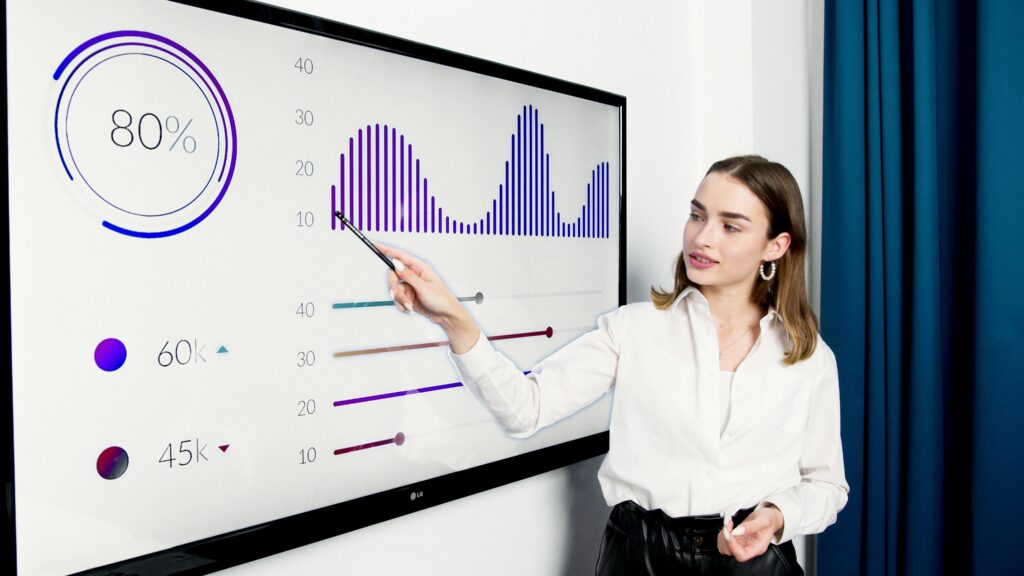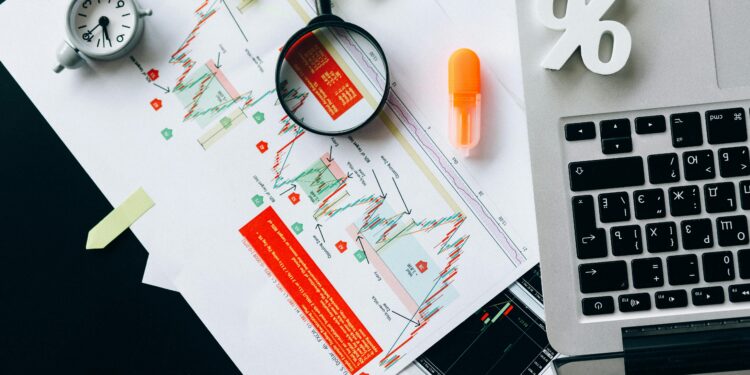In today’s interconnected world, political risk analysis has become a vital tool for businesses, investors, and policymakers. Political instability, regulatory changes, and geopolitical tensions can have significant impacts on markets and industries globally. MNI Political Risk Analysis serves as a resource that helps organizations navigate the complexities of international political climates, ensuring informed decision-making.
What is MNI Political Risk Analysis?
MNI (Market News International) Political Risk Analysis focuses on assessing and forecasting risks associated with political changes worldwide. It provides crucial insights into political events, policy shifts, and potential instability that can affect global markets and business environments.

The Importance of Political Risk Analysis
In any market, political decisions and events have a profound effect on business operations and investment strategies. Political risk analysis helps organizations anticipate and mitigate potential disruptions. Understanding these risks allows companies to plan ahead, protect assets, and seize opportunities in a volatile global environment.
Key Factors in Political Risk Analysis
1. Government Stability
The stability of a government directly impacts a country’s economic policies, regulatory frameworks, and investment climate. Frequent government changes or authoritarian regimes may signal higher risks for investors and businesses. MNI Political Risk Analysis helps monitor these shifts, providing early warnings of potential changes that could affect market conditions.
2. Geopolitical Tensions
Global geopolitics, including international conflicts and diplomatic relations, play a crucial role in shaping political risks. Factors such as trade wars, military conflicts, and international sanctions can create uncertainty for businesses. MNI offers insights into these tensions, helping stakeholders understand how geopolitical issues can impact the global market.
3. Regulatory and Policy Changes
Governments regularly introduce new regulations and policies, which can either promote business growth or create obstacles. Policy changes around taxes, trade tariffs, or environmental regulations can impact profitability and market access. MNI Political Risk Analysis evaluates these shifts to forecast potential impacts on industries.
4. Social Unrest
Political instability is often accompanied by social unrest, such as protests, strikes, or civil disobedience. These movements can disrupt businesses and create unfavorable conditions for investment. MNI Political Risk Analysis assesses the likelihood of social unrest, helping businesses avoid regions or sectors prone to instability.
How MNI Political Risk Analysis Benefits Organizations
1. Informed Investment Decisions
Investors use political risk analysis to evaluate whether political environments in certain countries align with their investment goals. MNI provides a clear understanding of the risks associated with various regions, enabling investors to make more informed and strategic decisions.
2. Risk Mitigation for Businesses
For multinational corporations, understanding political risks is essential for long-term sustainability. Political risk analysis helps businesses adapt to regulatory changes, navigate geopolitical tensions, and avoid regions with high risks of instability. MNI Political Risk Analysis allows companies to implement risk management strategies that protect their interests.
3. Forecasting Economic Impacts
Political risks often lead to broader economic consequences. MNI Political Risk Analysis looks at the broader economic implications of political decisions, helping organizations prepare for shifts in currency exchange rates, inflation, or trade disruptions that could follow political instability.
4. Managing Supply Chain Disruptions
For businesses with international supply chains, political risks can cause delays, interruptions, or increased costs. By keeping track of political developments, MNI helps companies identify potential risks to their supply chains and prepare alternative strategies to minimize disruptions.
Challenges of Political Risk Analysis
1. Unpredictability of Political Events
One of the greatest challenges in political risk analysis is the inherent unpredictability of political events. While analysts can track trends, some events, like coups or sudden policy changes, can still catch businesses and investors off-guard.
2. Interconnected Global Economy
In today’s globalized economy, political events in one country can have ripple effects worldwide. This complexity makes it difficult to isolate risks to one particular region. MNI Political Risk Analysis addresses this challenge by providing a global perspective on political developments and their potential cross-border impacts.
3. Limited Data Availability
In some regions, especially in less developed or authoritarian countries, reliable data on political risks can be hard to obtain. MNI Political Risk Analysis works to overcome this challenge by using diverse sources of information and expert analysis to provide the most accurate risk assessments possible.
Conclusion
MNI Political Risk Analysis is an essential tool for organizations navigating the complexities of global politics. By offering insights into government stability, geopolitical tensions, regulatory changes, and social unrest, MNI helps businesses and investors make informed decisions and mitigate risks. As political events continue to shape the global economy, the value of political risk analysis will only grow.
FAQs
1. What is political risk analysis?
Political risk analysis is the process of evaluating the potential risks posed by political events, government actions, and policy changes that may impact markets, investments, and businesses.
2. How does MNI Political Risk Analysis help businesses?
MNI Political Risk Analysis helps businesses by providing insights into political developments that could affect their operations, enabling them to mitigate risks and make informed decisions.
3. What are some examples of political risks?
Political risks include government instability, geopolitical conflicts, regulatory changes, and social unrest, all of which can impact the global market.
4. Can political risk analysis predict future events?
While political risk analysis can provide forecasts based on trends, it cannot predict all political events with complete accuracy due to the unpredictable nature of politics.
5. Why is geopolitical analysis important for investors?
Geopolitical analysis is important for investors because international relations, conflicts, and diplomatic decisions can directly affect market stability, investment opportunities, and asset values.


